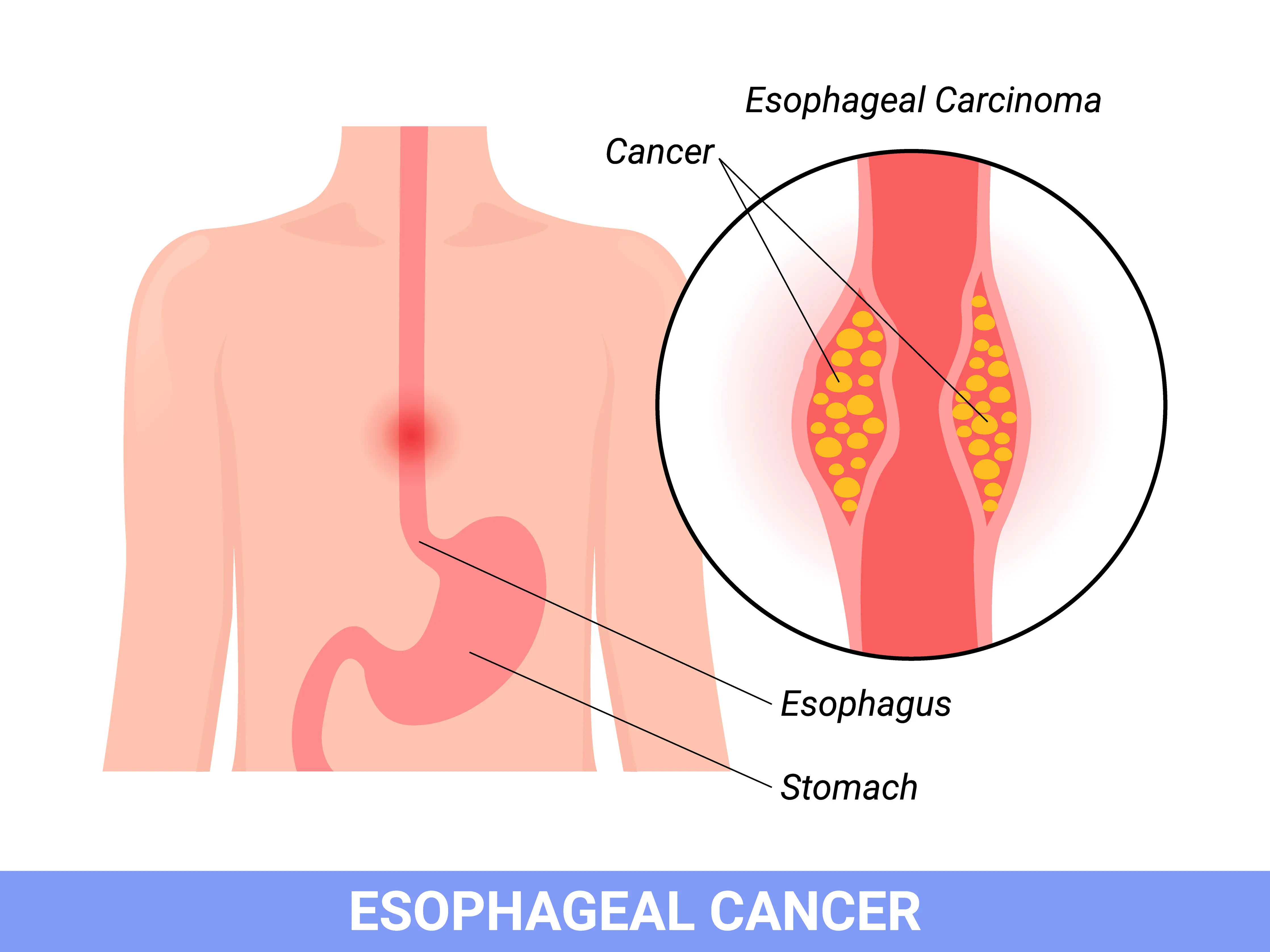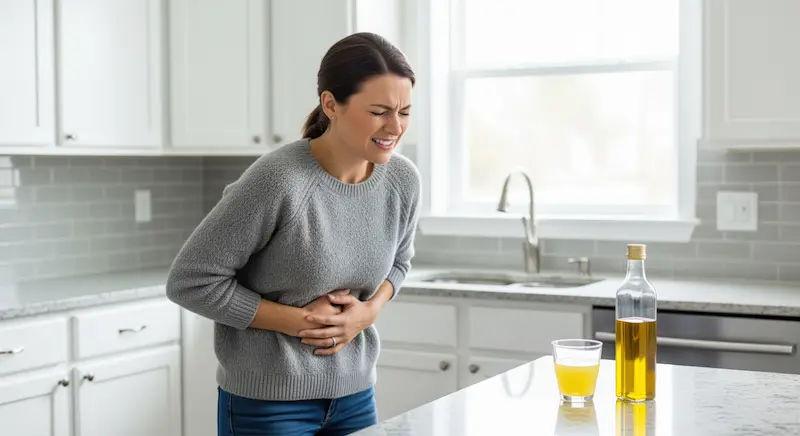- female
- 45 Years
- 29/01/2025
I've been dealing with some digestive changes since my laparoscopic cholecystectomy a month ago. Now, every morning I'm usually going to the bathroom twice or even three times. What I find odd is that the first stool looks normal, but after I eat, the second one that comes out quickly, like within 15 or 20 minutes, is whitish. I recently got my liver profile checked, and my bilirubin is a bit high at 1.1 because of higher indirect bilirubin, and my ALT is 66. Although my appetite is good and digestion seems okay, I take Enzar Forte once at night after eating. I also have been taking Pan D in the morning on an empty stomach since being diagnosed with chronic gastritis from an endoscopy. Should I be worried about these symptoms? Is it something serious, or maybe related to my recent surgery?
Answered by 1 Apollo Doctors
-Your symptoms might be related to bile flow changes after gallbladder removal, which can sometimes cause variations in stool color and frequency. The slightly elevated bilirubin and ALT could warrant monitoring but don't seem alarming with your current d
Dr. Kareemulla Suggests...
Consult a Gastroenterology/gi Medicine Specialist
Answered 04/07/2025
0
0

More Gastroenterology/GI medicine Health Queries
View allI'm dealing with pinworms in my stomach again and, from what I remember, I used to take ZENTEL for this when I was a kid. I'm really unsure about how to proceed. Could you guide me on what I should do?
For pinworms, the typical adult dose of Zentel (Albendazole) is 400mg, taken as a single dose, and repeated in 2 weeks to ensure complete elimination of the parasites
Answered by 1 Apollo Doctors
I'm struggling with chronic constipation, and my doctor advised me to take Pegred solution for three months. I've been using it on and off for over four years now. Lately, for the past month or so, I'm dealing with back pain, feeling weak, tired, sleepy during the day, and having issues with vomiting and indigestion. Can you help me understand what's happening? Do you have any suggestions for other medications for constipation?
You need to consult and get yourself examined to find out the cause for chronic constipation.
Answered by 1 Apollo Doctors
I'm a mom to a 23-day-old baby and was diagnosed with gallbladder stones during my 8th month of pregnancy. Today I'm feeling pain in my upper abdomen again. The stone size is 9mm. Is it safe for me to take drotin tablets right now? I can't consider surgery at this stage with such a small baby
Drotin is generally safe post-pregnancy but consult your OB; manage diet and hydration, and avoid surgery if pain is mild.
Answered by 1 Apollo Doctors
Disclaimer: Answers on Apollo 247 are not intended to replace your doctor advice. Always seek help of a professional doctor in case of an medical emergency or ailment.



